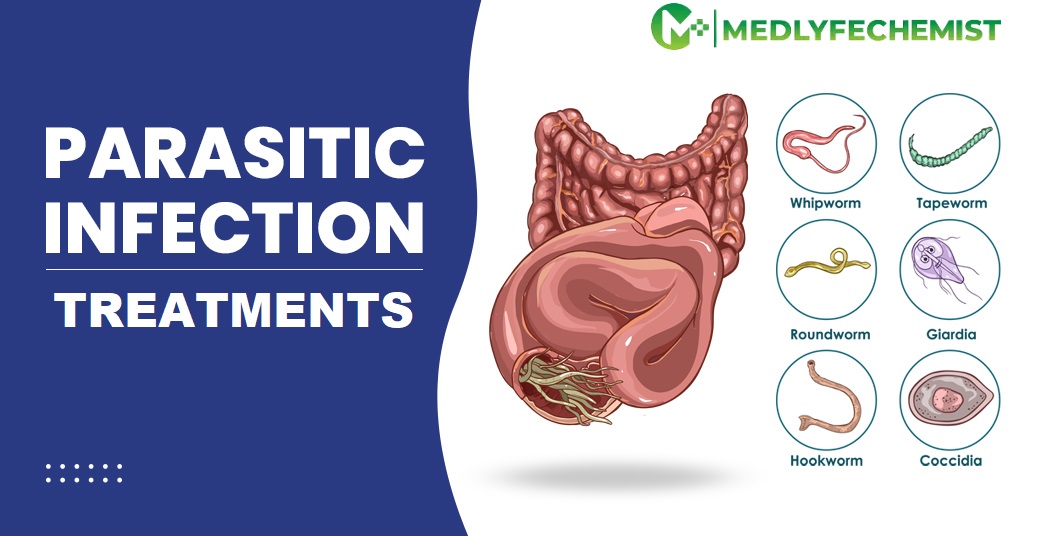Namenda tablets are a specific dosage form of the drug. Meaning that each tablet contains 10 mg of memantine.
The tablet works by blocking the action of a chemical called glutamate in the brain. Glutamate is a neurotransmitter that helps to send nerve impulses, but in people with Alzheimer's disease, excess glutamate can cause inflammation and damage to brain cells. By blocking the action of glutamate, it can help to reduce inflammation and protect brain cells. As a result, the drug helps to improve cognitive function and reduce the severity of symptoms in people with Alzheimer's disease.
But note that, Namenda 10mg tablets are not a cure for Alzheimer's disease. It is a treatment that can help to manage the symptoms of the condition. But it does not reverse the underlying brain changes that cause the disease. If you have any questions or doubts about taking this drug, talk to your healthcare provider. They can provide more information about it and help you understand how it can be used to manage your symptoms.
What Is Alzheimer's Disease?
Alzheimer's disease is a degenerative brain ailment that causes memory, cognitive, and behavior problems. It is the most common cause of dementia in older adults and is marked by the abnormal accumulation of proteins in the brain. Leading to inflammation and the death of brain cells.
Symptoms of Alzheimer's disease begin gradually and worsen over time. Early signs may include:
- memory loss
- difficulty completing familiar tasks
- changes in mood and behavior.
As the disease progresses, symptoms may include:
- severe memory loss
- confusion
- difficulty communicating
- everyday chores such as showering and dressing are tough.
It is unclear what causes Alzheimer's disease exactly. But it is assumed that one can get it via a combination of genetic, environmental, and lifestyle factors. Alzheimer's disease presently has no known treatment. But there are treatments available that can help to manage the signs of the condition and improve quality of life.
If you have any questions about Alzheimer's disease, talk to your healthcare provider. They can provide more information about the condition and help you understand your treatment options.
BENEFITS OF NAMENDA 10 MG TABLETS
Here is a listicle view of the benefits of Namenda 10 mg tablets:
1. Improves cognitive function
This pill can help to improve memory, language skills, and other cognitive functions in some people with Alzheimer's disease.
2. Reduces the severity of symptoms
This pill is known to reduce the severity such as confusion, agitation, and behavior changes in people with Alzheimer's disease.
3. Easy to take
Namenda 10 mg tablets are available in the form of tablets that can be taken by mouth, making it easy to take the pill as prescribed.
4. Long-term treatment option
It is a long-term treatment option for Alzheimer's disease. Meaning that it can be taken a long time to manage the signs of the condition.
5. May slow disease progression
Some studies show that Namenda 10 mg tablets may help to slow the progression of Alzheimer's disease. But more thorough research is required to support this.
DOSAGE
The starting dose of Namenda is 5 mg once a day. The dose may be increased to 10 mg once a day after one week, and then to 10 mg twice a day after a week. The highest suggested dose is 20 mg per day. It is vital to follow the dosing instructions given by your healthcare provider and to take it as prescribed. Do not take more or less than directed, and do not stop taking it without consulting your healthcare provider.
WORKING OF NAMENDA 10 MG TABLETS
Here is a listicle view of how Namenda 10 mg tablets work:
1. Blocks the action of glutamate
The drug works by blocking the action of glutamate in the brain. Glutamate is a neurotransmitter that helps to send nerve impulses. But, in people with Alzheimer's disease, excess glutamate can cause inflammation and damage to brain cells.
2. Reduces inflammation
By blocking the action of glutamate, the pill can help to reduce inflammation and protect brain cells. As a result, helping to improve cognitive function and reduce the severity of signs in people with Alzheimer's disease.
3. Increases the levels of another neurotransmitter
Namenda 10 mg tablets may also increase the levels of another neurotransmitter called acetylcholine, which is important for learning and memory.
4. May have other effects
It may also have other effects on the brain and nervous system. The precise mechanisms of action, however, are not entirely understood.
SIDE EFFECTS OF NAMENDA 10 MG TABLETS
Like all medicines, Namenda 10 mg tablets can cause side effects. Thus, here is the list of side effects of Namenda 10 mg tablets with their possible treatment options:
1. Dizziness
If you experience dizziness while taking Namenda, sit or lie down until the sensation passes. Avoid driving or operating heavy machinery until you know how the pill affects you.
2. Constipation
To help prevent constipation, try to drink plenty of fluids and eat a high-fiber diet. If you are still having constipation, it may be helpful to take a stool softener or a mild laxative as directed by your healthcare provider.
3. Headache
If you experience a headache while taking Namenda, it may help to take an over-the-counter pain drug such as acetaminophen or ibuprofen. If the headache lasts or is severe, it is vital to contact your healthcare provider.
4. Agitation
If you undergo agitation or other behavior changes while taking this pill, contact your doctor. They may be able to suggest strategies to help manage these signs or adjust your treatment plan as needed.
Also, it is vital to note that this is not a full list of all the side effects of Namenda 10 mg tablets. If you experience any serious side effects while taking this drug, such as
- allergic reaction
- changes in heart rhythm
- hallucinations
you should seek medical attention right away.
In case, if you have any questions or worries about the side effects, talk to your healthcare provider. They can give more facts about the risks and benefits of the drug. Also, they can help you understand how to manage any side effects that you may experience.
CONCLUSION
Namenda 10 mg tablets treat the signs of Alzheimer's disease. Doctors suggest taking this pill by mouth, either once or twice a day. You should take the doses instructions provided by a healthcare provider.
The tablet works by blocking the action of glutamate in the brain. As a result, it can help to reduce inflammation and protect brain cells. Also, this may help to improve cognitive function and reduce the severity of symptoms in people with Alzheimer's disease. Also, this drug is not a cure for Alzheimer's disease. But it can be an effective treatment option for managing the signs of the condition.








